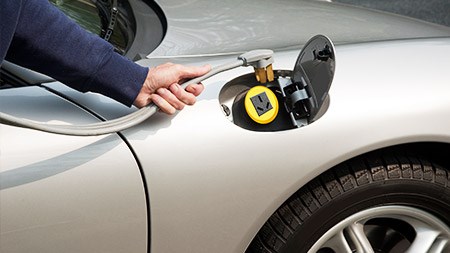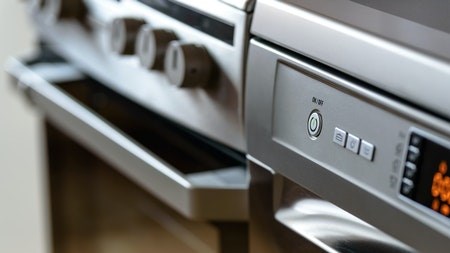It’s a cold winter night and you’re in the mood for a romantic evening with your loved one. Time to plan ahead and set the tone. You adjust the room temperature and lighting, check the temperature of the wine cooler and Jacuzzi, close the curtains, select some romantic songs and a movie for after dinner - all of which you do from your phone while at work. Such are the possibilities open to those who have automated homes.
According to local industry experts, home automation has taken off in a big way in South Africa. Originally the reserve of hotels, luxury yachts and the super wealthy, home automation has become somewhat more affordable and accessible since its introduction to our shores approximately 14 years ago.
Home automation has evolved significantly over the years. In the beginning, a telephone point in the hall, a TV socket in the living room and two way lighting switches were all that was available under this banner.
Today, home automation encompasses the integration of every aspect of home living from entertainment, security and under-floor heating to pool filters, lighting, watering, online networking and general communications systems. The key attraction of home automation is that it affords users a certain lifestyle, the core benefits of which are simplicity, convenience and security.
Different levels of automation are available and range from the most basic, entry level set-ups which, for example, control the lights and cost a few thousand rand to install, to all-out systems which will practically make your breakfast for you and walk the dog if you give them half the chance. These systems can cost anything from R50 000 to a few hundred thousand rand for the walk your dog variety which, according to those in the know, is significantly less than what they used to cost (think in the region of a million rand).
Automating a home can take as little as a few days to a few weeks or months depending on the property and level of automation required. Experts stress that homeowners should strive to integrate systems at the planning stages of a building or renovation project and build in some reasonable scope for system upgrades given the inherent evolutionary nature of technology.
Currently, energy savings and a desire to ‘go green’ is influencing home automation trends to a large extent. This is in line with the global trend towards environmental friendliness and the fact that green products represent energy cost savings - an important consideration given the recent spate of electricity hikes imposed of late.
Correct lighting automation for example, can save a significant amount of energy. For instance, external lights can be installed which automatically switch on when it becomes dark and switch off when it becomes light again.
The same principle applies to internal scenarios. Intelligent automation features such as built in motion detection automatically turns lights on when a room is occupied and can schedule lights to turn off when homeowners leave the house in the morning. Another big energy saving can be achieved through automating geysers to switch on and off according to demand.
Another trend which has manifested is the desire for all home automated systems to be controlled via a single, mobile platform such as tablets or smartphones. Many systems synchronise with these devices to enable all kinds of customizable control capability such as real time status of room temperature, shade and curtain position and lighting levels.
Of course many South Africans find the security aspect of home automation highly appealing. Most home automation security systems can be integrated to enable homeowners to view high resolution CCTV camera visuals via their phone, TV, tablet or laptop and either bar or allow entry, even if the homeowner is in another country.
Homeowners can also check if their windows and doors are all closed and be alerted to any disturbances immediately via sensors. Such systems typically notify the relevant authorities and will change a resident’s TV to the relevant security channel where motion was detected, allowing the necessary precautions to be taken. Other useful advancements in home security include keyless, biometric entry systems.
Home automated systems can even be linked to child safety protocols. For instance, when a safety gate to the stairs is left open for more than 12 seconds, a sensor will alert parents to the fact. The same mechanism applies to pool areas.
As for home entertainment systems, this has reached a high degree of sophistication. With fully integrated home cinemas all elements such as the projectors, screens, blinds, lights and temperature can all be automatically set to a homeowner’s preferences. All a homeowner need do is select the movie they want to watch from their mobile touch screen and the system will do the rest.
However, as wonderful as all these technological innovations sound, home automation experts advise homeowners against jumping on the proverbial band wagon straight off the bat and buying all the latest and greatest gizmos and systems as some technologies need to mature first. Although tempting, buying new ‘unproved’ technology from the word go can be extremely expensive and buyers will, in all likelihood, end up having to buy the upgraded version a few months down the line.


